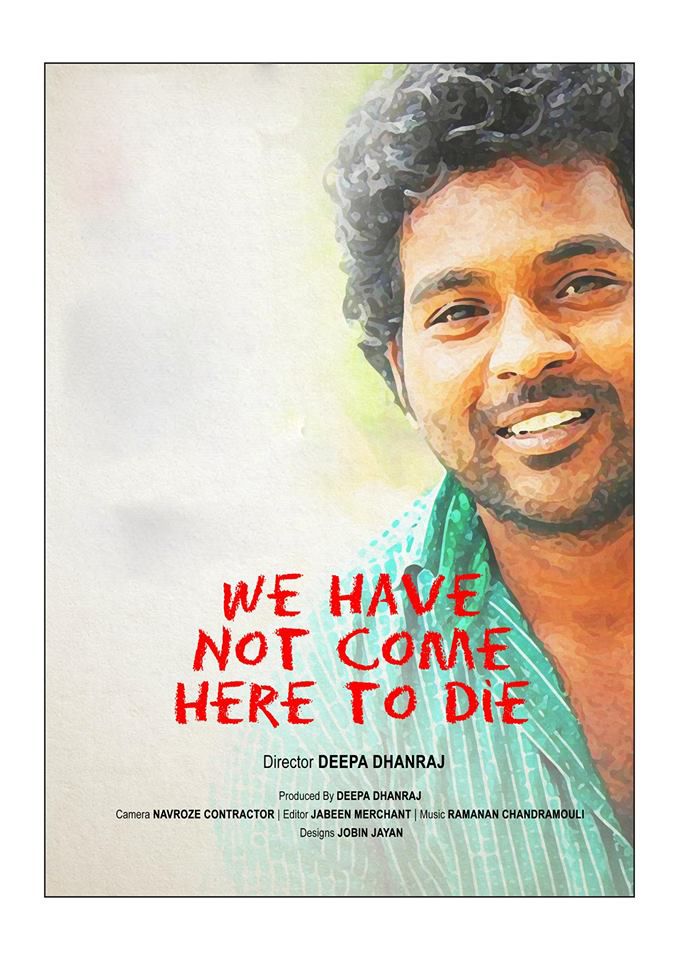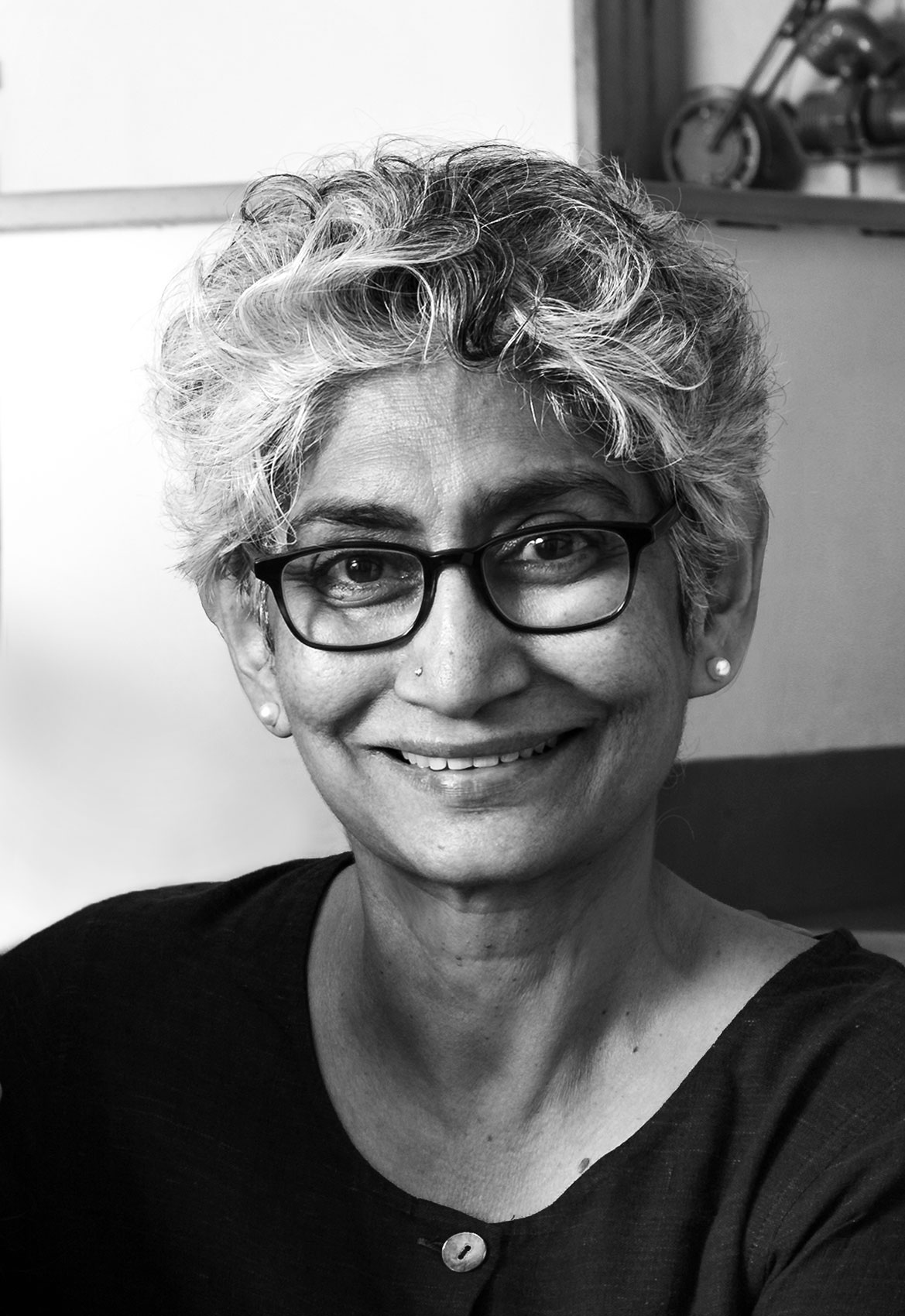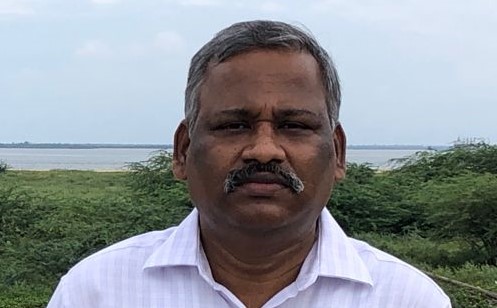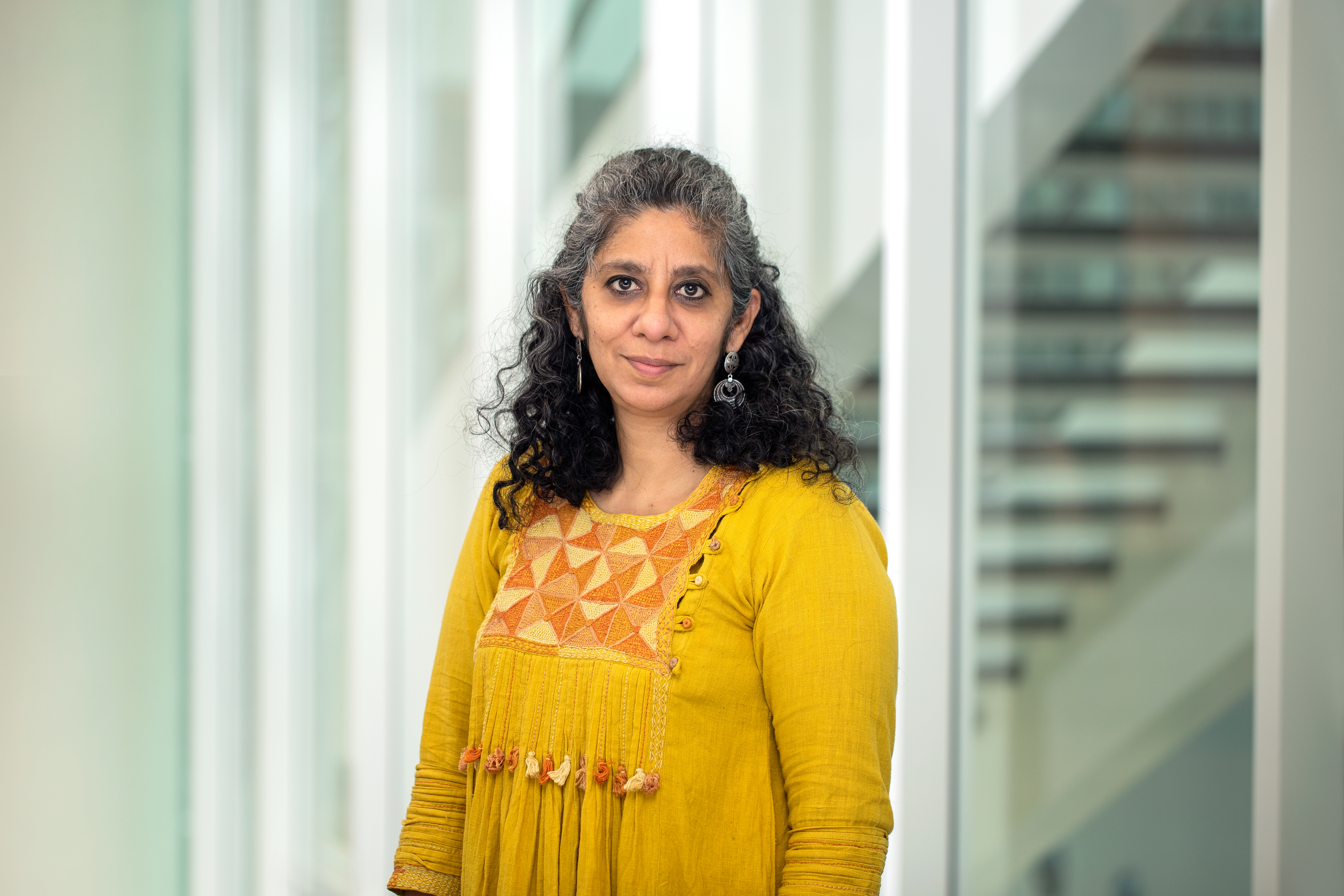
January 17 16:00-18:00 CET/20:30-22:30 IST
(Deepa Dhanraj, 110 min, 2018)
On January 17th 2016 a Dalit, Phd research scholar, and activist Rohith Vemula unable to bear the persecution from a partisan administration and dominant caste Hindu supremacists hung himself at Hyderabad Central University. His suicide note, which argued against the “value of a man being reduced to his immediate identity” galvanized student politics in India. The film attempts to track this historic movement that is changing the conversation on caste in India.
Deepa Dhanraj will be in conversation with K.Satyanarayana (EFLU, Hyderabad) and Surabhi Sharma (NYU, Abu Dhabi). The discussion will be moderated by Rupa Viswanath (CeMIS).
 |
Deepa Dhanraj is a researcher, writer and an independent documentary filmmaker. Her documentaries and writing that span a period of forty years engage with questions related to women's status, political participation and resistance. She was one of the founding members of Yugantar, a feminist film collective that made a set of films on the political organizing of women domestic workers and women tobacco factory workers. Films on domestic violence and the ecological Chipko movement, led by rural women to protect trees and the environment in the foothills of the Himalayas followed. Law as a site of enquiry has been an enduring theme, whether it is films that interrogate customary law and the strategies that tribal and Muslim women use to counter patriarchal verdicts, or examining how a human rights legal practice began against the suppression of dissent and extrajudicial killings of activists. The caste question and the myriad forms of discriminations that Dalits experience and the rise of Dalit assertion is another theme that she explores in many films. Her films have been screened widely and awarded at several prominent national and international documentary film festivals. |
 |
K. Satyanarayana is a professor in the Department of Cultural Studies at the English and Foreign Language University, Hyderabad, India. He co-edited two volumes of new Dalit writing: No Alphabet in Sight (2011), Steel Nibs Are Sprouting (2013) and, most recently, Dalit Studies (2016) and Dalit Text (2020). His research interests are in the fields of Dalit studies, literary history, and cultural theory. He is a regular commentator on Dalit issues in the media and public forums. |
 |
Surabhi has been an independent filmmaker making feature-length documentaries and short films since 2000. Her documentaries, fiction, and video installations engage with cities in transition using the lens of labor, music, and migration. Her works have been screened at International Film Festivals like Dubai International Film Festival, Yamagata International Documentary Film Festival, MAMI Mumbai Film Festival amongst others. She has also created video installations that have been exhibited at the Serpentine Gallery, London; nGbK, Berlin, Shenzhen and Hong Kong Bi-city Biennale of Urbanism and Architecture and the 11th Shanghai Biennale (2016). Her films have been recognized and awarded at the 8th Asia Pacific Screen Awards, Brisbane 2016; Eco-Cinema, Greece 2003 (The Ramsar-Medwet Award), Film South Asia, Kathmandu 2001; Karachi Film Festival 2002; and The Festival of Three Continents, Buenos Aires 2002. Surabhi is currently teaching and the Program Head , Film and New Media at the New York University Abu Dhabi, UAE. |
The film will be available for viewing from 2.00 PM CET/ 6.30 PM IST on Friday, the 14th of January until 2.00 PM CET/ 6.30 PM IST on Tuesday, the 18th of January.
Password - rohithvemula
The online screening discussion of We Have Not Come Here to Die will take place on Monday, 17th January 2022 from 4.00 -6.00 PM CET / 8.30 -10.30 PM IST
